As the COVID-19 pandemic continues to spread in the Amazon, local and indigenous communities are among the most vulnerable. Marginal access to healthcare, limited hygiene resources, and still weaker government support in deterring potentially contagious intruders put even the most remote communities at risk.
Here is how we are reshaping our current priorities in response to the pandemic.
In Colombia

Communications Efforts
Area: National |
- Developed and disseminated COVID-19 health safety infographics and videos to better inform rural indigenous populations.
- Created and disseminated COVID-19 health safety radio announcements in the Huitoto indigenous language to better inform rural indigenous populations.
Biosecurity Measures
Area: Amazonas, Medio Río Caquetá, Putumayo, & Sierra Nevada de Santa Marta|
- Provided biosecurity materials to indigenous community members, indigenous rangers, and health posts and hospitals located in indigenous territory. Materials have included antibacterial handwash and protective facemasks.
- Supported indigenous leaders and local guards in the control of the entry of individuals to prevent the spread of COVID-19 in their communities.
Essential Needs
Area: Medio Río Caquetá, Putumayo, Sierra Nevada de Santa Marta |
- Provided economic support for the purchase of food kits for elders in the communities of Peña Roja, Villa Azul, Aduche, Monochoa, Araracuara-Andoke, Chukik, Guamaraya, Puerto Sábalo, and Amenanae-Mesay; for the ASOMI indigenous women’s association; and for Kogui families.
- Purchased “tumas” (sacred offering stones) for the rituals of the mamos (senior priests/leaders) of the Kogui Malayo Arhuaco reserve.
In Brazil
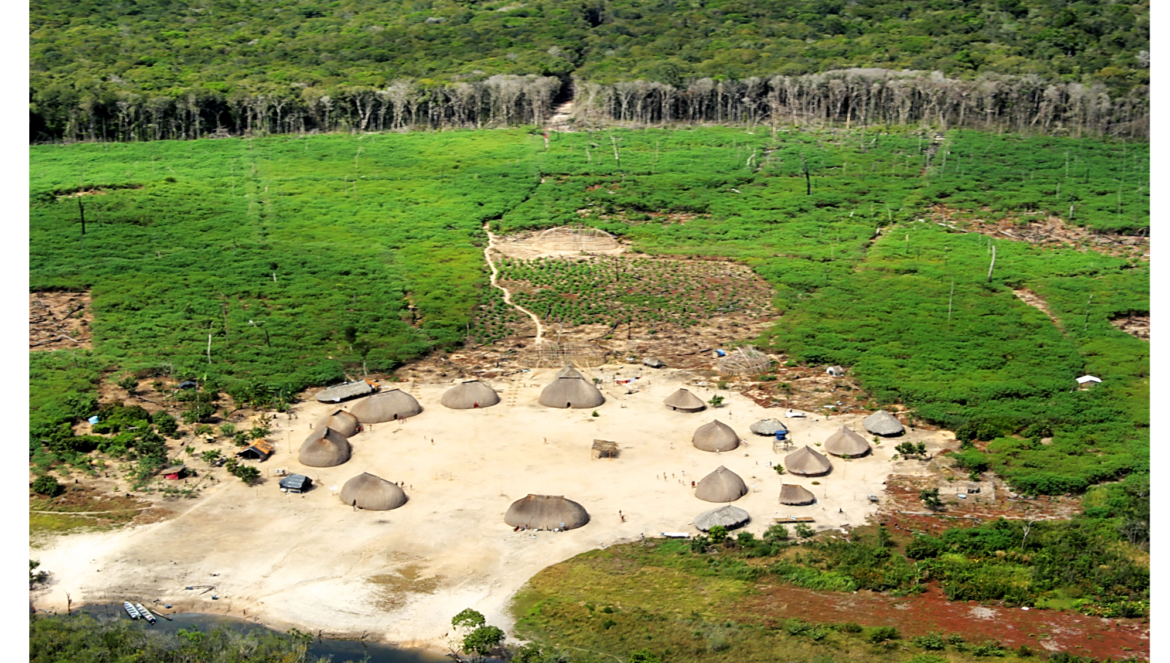
Communications Efforts
Area: National |
- Developed and disseminated COVID-19 health safety infographics to better inform rural indigenous populations.
Biosecurity Measures
Area: Northern Amazonia |
- Providing ongoing financial support for the ACT Casa de Apoio in Macapá as a center for indigenous peoples to quarantine before returning to their remote villages.
- Preparing agreements to support the safe transportation of indigenous persons by plane back to their remote communities following their quarantine at the Macapá Casa de Apoio.
Essential Needs
Area: Northern Amazonia |
- Preparing COVID-19 response activities to support indigenous peoples in the Tumucumaque area in partnership with the APITIKATXI and APIWA indigenous associations.
- Securing existing and additional funding for the purchase of emergency supplies, foods, and sanitation materials for APITIKATXI, APIWA, and the communities of the Tumucumaque region.
Area: Xingu |
- Providing funding for the purchase of emergency supplies, food, and necessary items for the Ulupuene village as community members quarantine in their community and take safety measures against the spread of COVID-19.
In Suriname
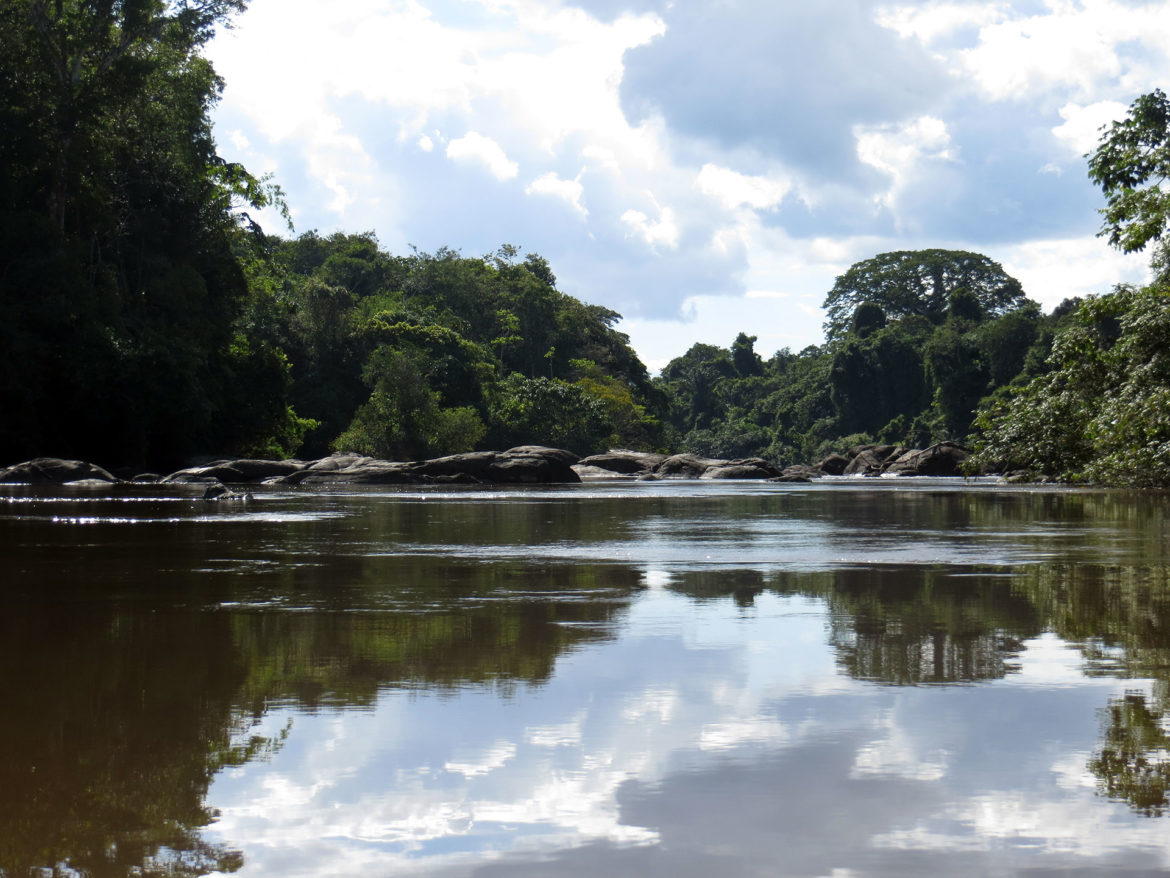
Communications Efforts
Area: National |
- Developed and disseminated COVID-19 health safety infographics in multiple languages (Dutch, Sranantongo, Trio, Wayana, and Matawai) to better inform rural indigenous populations.
- Created and disseminated radio announcements and WhatsApp voice message announcements in the Trio and Sranantongo languages to explain COVID-19, prevention measures, and precautions if exposed.
- Developed and disseminated a short video explaining COVID-19 health safety information.
- Disseminated COVID-19 and safety precautions information via letters, posters, video, WhatsApp groups, and social media channels in partnership with the Medical Mission, a Global Shapers hub and other local partners.
Biosecurity Measures
Area: National|
- Provided financial support to the Medical Mission for the purchase and distribution of soap and disinfecting materials for village communities.
- Supported efforts of Amazon Conservation Rangers and traditional clinics to provide traditional medicine and monitor potential risks in interior communities, such as people showing symptoms and travelers or trespassers entering high-risk areas.
Essential Needs
Area: National|
- Preparing a collaborative situational analysis with UNICEF to assess how women and children are being impacted by COVID-19 in rural communities.
- Collaborating with Conservation International – Suriname, which has offered to provide necessary items and supplies per the recommendations of the situational analysis.
Share this post
Bring awareness to our projects and mission by sharing this post with your friends.


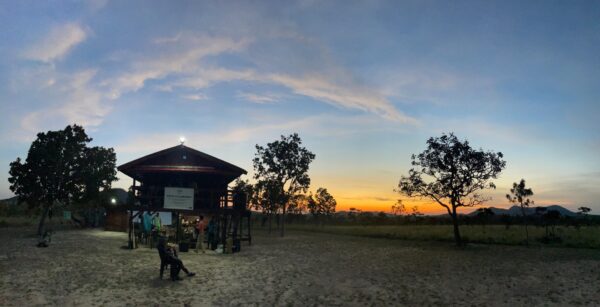
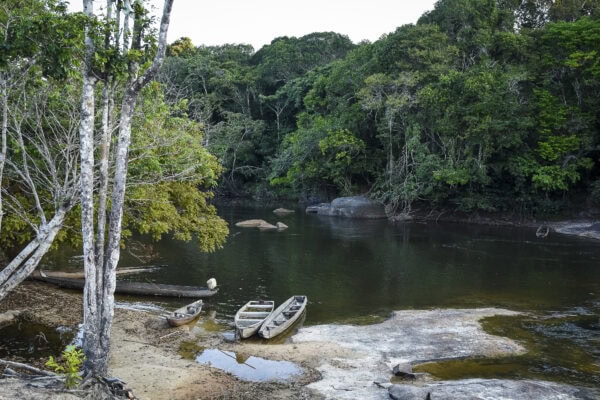
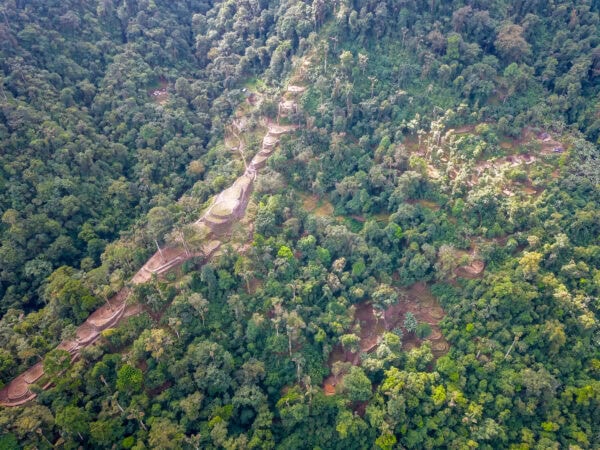
[…] This may explain part of the unfortunate resistance to the vaccines,” says Daniel Aristizabal at Amazon Conservation Team (ACT), an organisation that has been working to provide isolating Amazonian communities with […]